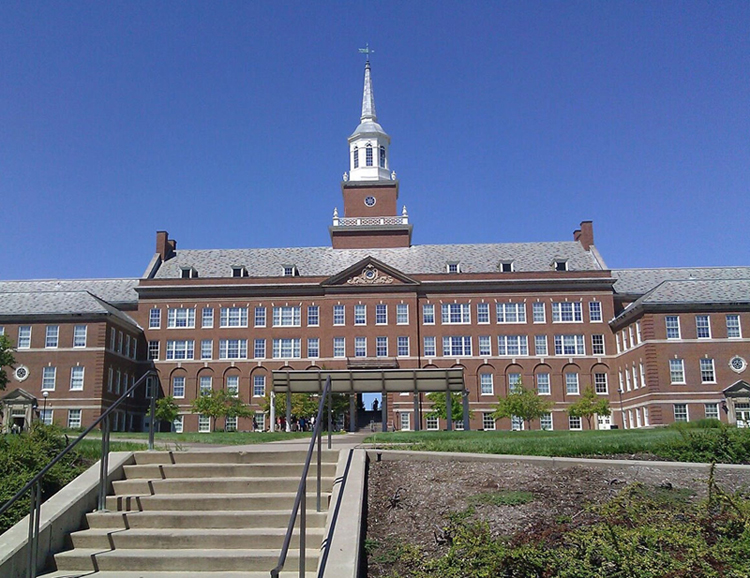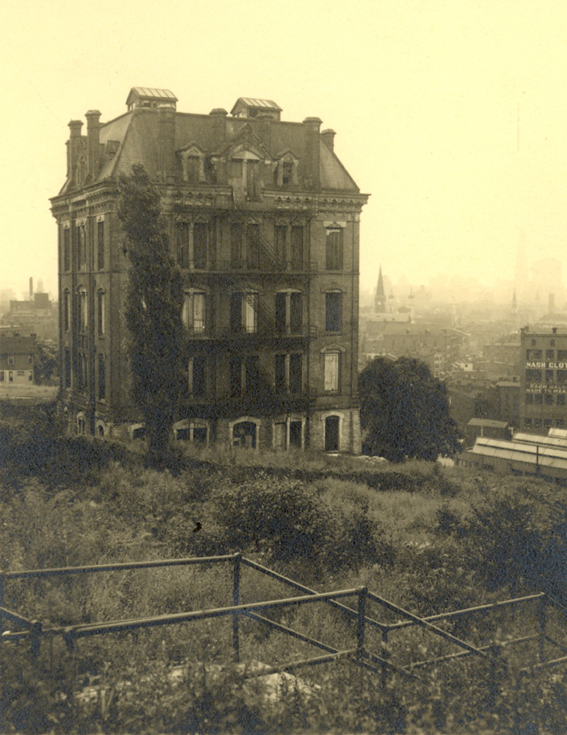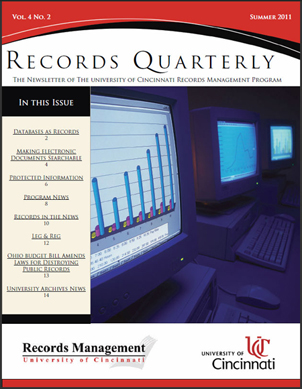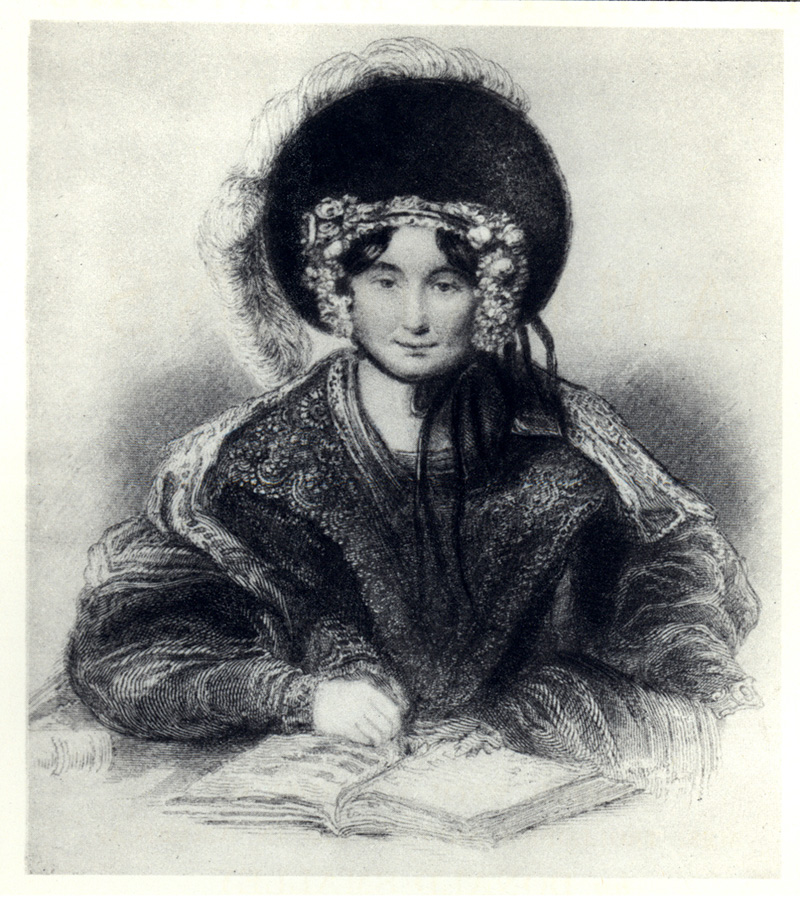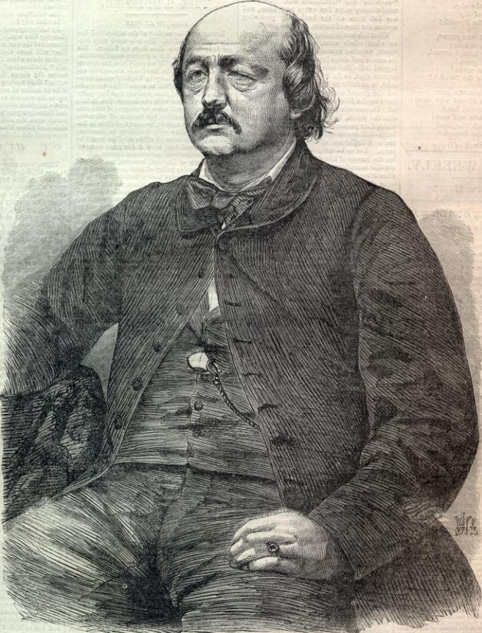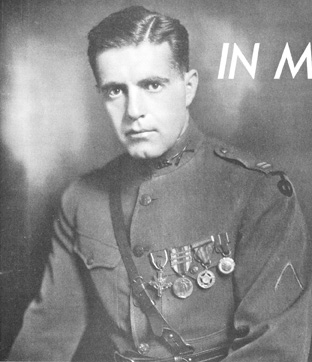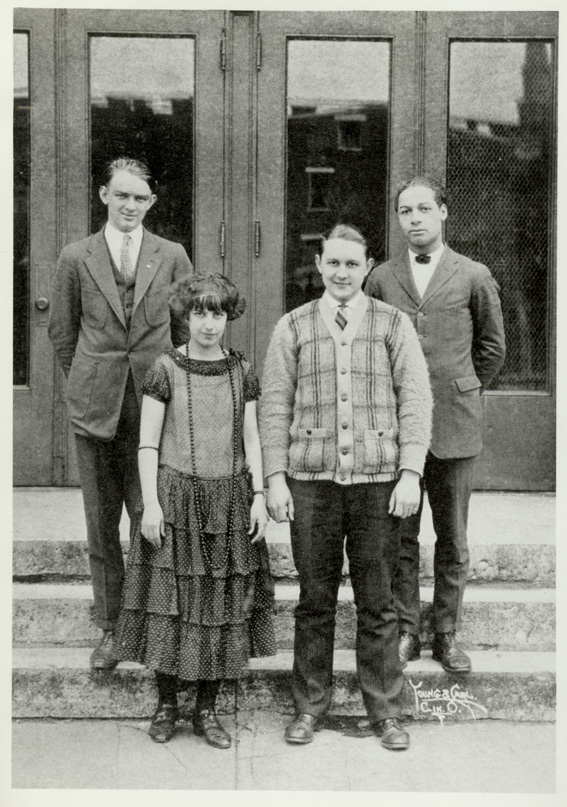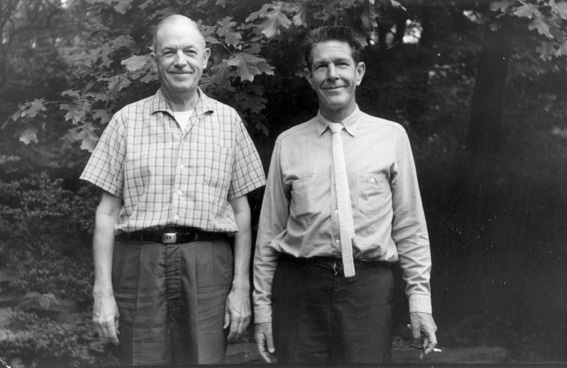By Janice Schulz
The Archives & Rare Books Library has numerous collections from the Office of the University Architect with records of capital construction, renovation, and special projects dating from 1944 to 2003. The University Architect oversees all aspects of UC’s physical space, and manages the divisions of Planning+Design+Construction, Renovations, Special Projects, Real Estate, Sustainability, Environmental Graphics, and Space Management. The records in our collections document dealings with architects, construction companies, utilities, regulators, and internal planning committees. Included are copies of contracts, proposals, correspondence, meeting minutes, working designs, plans, specifications and drawings, photographs, test and inspection reports, and status reports. Continue reading

